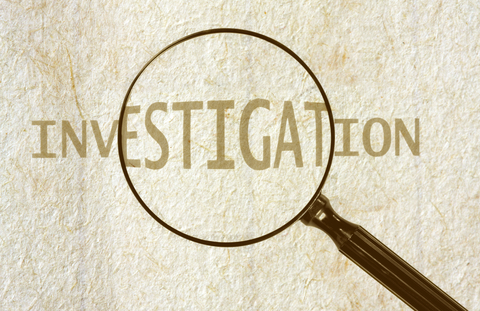Top post: Investigative research – What makes it unique?
This post was originally published in October 2021.
Research is research, right? As a private investigator and fraud examiner, I conduct a lot of research on people, companies, industries, and trends. Which is what I also did as a market researcher before becoming an investigator.
Back then, I gathered information from online and human sources, looked for patterns, and transformed my findings into something my clients used for making decisions and taking action. Sounds a lot like investigations, doesn’t it? But the similarities end there.
Experience aside, when I made the transition from researcher to professional investigator, I quickly discovered that there were several differences between research and investigations. It wasn’t just about the clients I was working with or the types of questions they asked, because, in research, the work varies. I think the main differences deal with how we work.
Here are just some of the things that make investigative research and investigators unique:
We start with a suspicious mindset – Investigators are looking for holes in the story, evidence that someone isn’t who they say they are. Our approach is to assume they’re lying and look for proof that they’re not. We need to be suspicious of the information we find and–I’ve learned the hard way–suspicious of the information provided by our clients. I believe I speak for a lot of investigators when I say that this mindset often carries into other parts of our lives, but, contrary to what most people think, I don’t spy on my friends and neighbors.
We need a license to do this – In just about every state, there are laws about who can call themselves an investigator. Unfortunately, some states don’t protect consumers in this way, and, to maintain that level of professionalism, many investigators become licensed elsewhere. We work with sensitive information and there’s often a lot at stake, so, if you’re hiring an investigator, make sure to check license status.
There’s usually attorneys involved – Even when the initial purpose of the research doesn’t involve the legal system, we assume that, somewhere down the road, our findings and work product could end up in court. It’s top-of-mind when choosing sources, verifying findings, and documenting results so they’re easy to understand and admissible in court. At the start of every case, I find out about parties involved, reasons for the research, and how it will be used, knowing that the situation might change.
We use specialized sources – In our business, Google is just a starting point. We know how to dig into other parts of the web for hidden information, and most of us subscribe to professional databases for personal information, public records, and news. A lot of time goes into staying up-to-date on investigative tools and techniques, because the information landscape is always changing and–in investigations–what’s missing can make or break a case.
Do any investigators have anything to add to this list of what makes investigative research unique?


